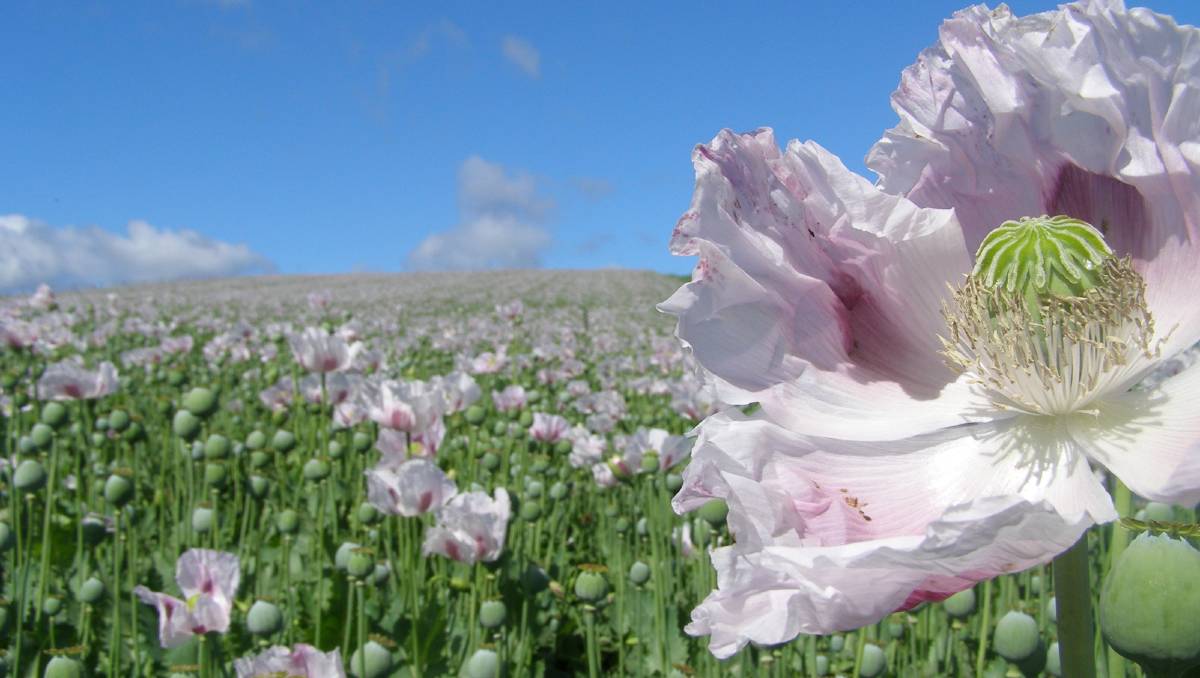Guwahati: The flourishing illegal opium cultivation in eastern Arunachal Pradesh has become a major area of concern for security agencies, with the state government miserably failing to tackle this menace. The drug mafia, with some help from Naga rebels, continues to call the shots in the frontier state, where people are reluctant to give up the practice of poppy farming in absence of any alternative for their economic survival.
It is significant than that Arunachal Pradesh tops the list of states with illegal poppy cultivation.
The Narcotics Control Bureau (NCB) in its last report of 2015 claims to have destroyed poppy fields spread over 399 acres in eastern Arunachal Pradesh.
But as per NGOs, the state still has around 10,000 hectares of opium fields and the annual yield of opium is around 100 tonnes, an average of 10 kg a hectare.
For NCB, opium cultivation in eastern Arunachal Pradesh has become an eyesore. Despite the regular destruction of poppy fields by the authorities, a large section of people is still not ready to give up the practice. This is a huge challenge in the fight against drug smuggling.
According to the bureau officials, apart from Lohit and Anjaw districts, which share borders with Myanmar and China, there are reports of poppy cultivation from Changlang, Longding, Upper Siang and Tirap districts too.
Read more at The Asian Age




















